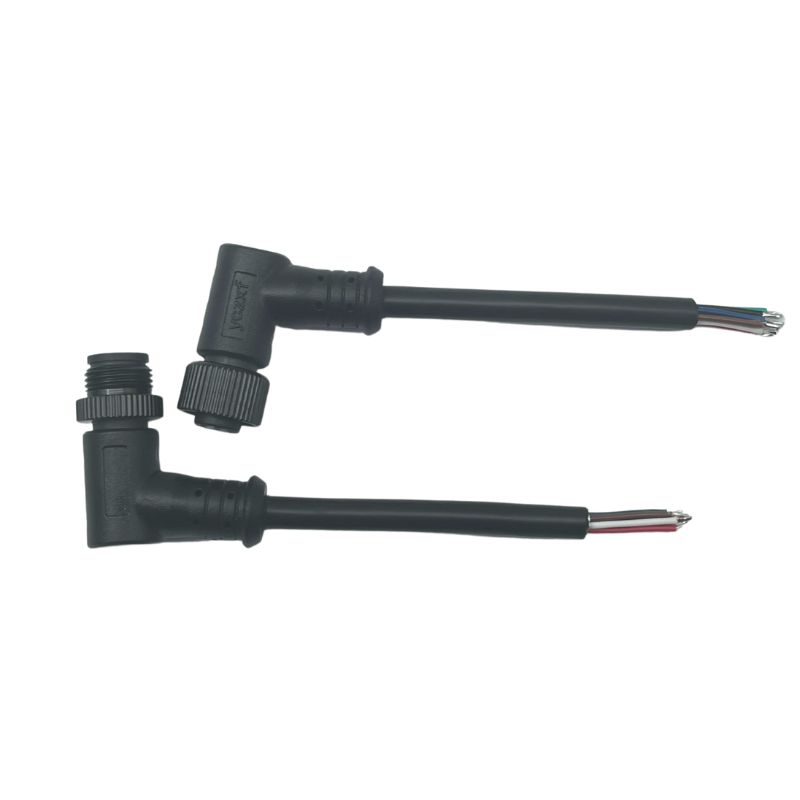News


News

IP67 vs IP68 Waterproof Power Connectors: Key Differences & Applications
Release time:2025-04-30
viewed:440
When selecting waterproof power connectors for industrial or outdoor use, understanding the distinction between IP67 and IP68 ratings is critical. This article compares their sealing technologies and real-world applications, helping you choose the right solution for your project.

IP67-Rated Connectors
Water Resistance: Protects against temporary immersion (up to 1 meter for 30 minutes).
Best For: Rain-resistant applications like outdoor LED lighting, junction boxes, and temporary outdoor setups.
Limitation: Not suitable for prolonged submersion or high-pressure water exposure.
IP68-Rated Connectors
Water Resistance: Designed for continuous submersion, with depth and duration defined by the manufacturer (typically 1.5m+ for 30+ minutes).
Best For: Submersible marine equipment, underwater robotics, and deep-sea sensors.
Advantage: Superior sealing against high-pressure water jets and long-term exposure.
Key Insight: While IP67 connectors are sufficient for most outdoor electrical needs, IP68 connectors are essential for permanent underwater or extreme environments.
Silicone Gasket Sealing (Common in IP67)
How It Works: Uses flexible silicone rings to create a watertight seal when compressed.
Pros:
Lightweight and cost-effective.
Easy to install with snap-on designs.
Cons:
Less reliable under constant vibration or mechanical stress.
Mechanical Locking (Common in IP68)
How It Works: Combines threaded couplings, O-rings, and compression seals for maximum durability.
Pros:
Resists high-pressure washdowns and deep submersion.
Prevents accidental disconnections in moving machinery.
Cons:
Bulkier and more expensive than silicone-sealed options.
Example:
IP67 (Silicone Gasket): Ideal for solar panel connectors exposed to rain.
IP68 (Mechanical Locking): Used in subsea ROVs and offshore wind turbine wiring.
IP67 Applications
Outdoor Lighting (streetlights, garden LEDs).
Industrial Control Panels (temporary water exposure).
EV Charging Stations (weatherproof but not submerged).
IP68 Applications
Marine & Offshore Equipment (sonar devices, underwater cameras).
Wastewater Treatment Sensors (continuous liquid immersion).
Military-Grade Electronics (extreme environmental resistance).
Assess Water Exposure:
IP67 = Rain, splashes, short-term immersion.
IP68 = Permanent submersion, high-pressure environments.
Evaluate Mechanical Stress:
Vibration-prone areas (e.g., vehicles) need mechanical locking.
Check Certifications:
Verify IEC 60529 or MIL-STD-810G compliance for harsh conditions.
For rain-resistant applications, IP67 silicone-sealed waterproof power connectors offer a balance of affordability and protection. However, IP68 mechanically locked Waterproof Power Connectors are indispensable for submersion, marine, and industrial uses.